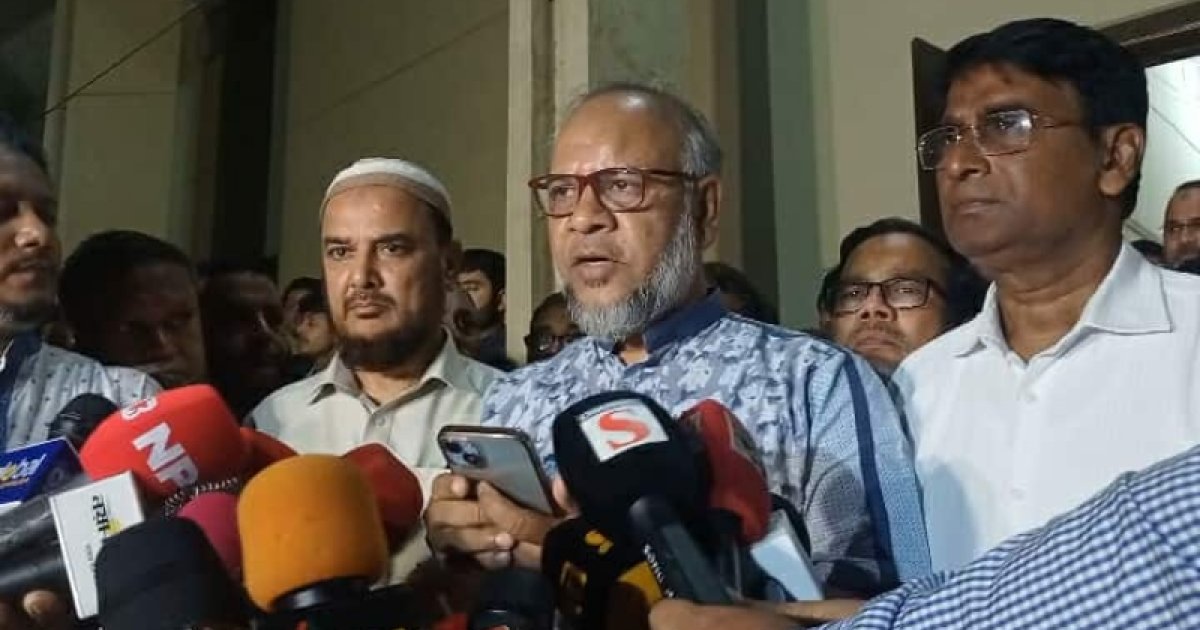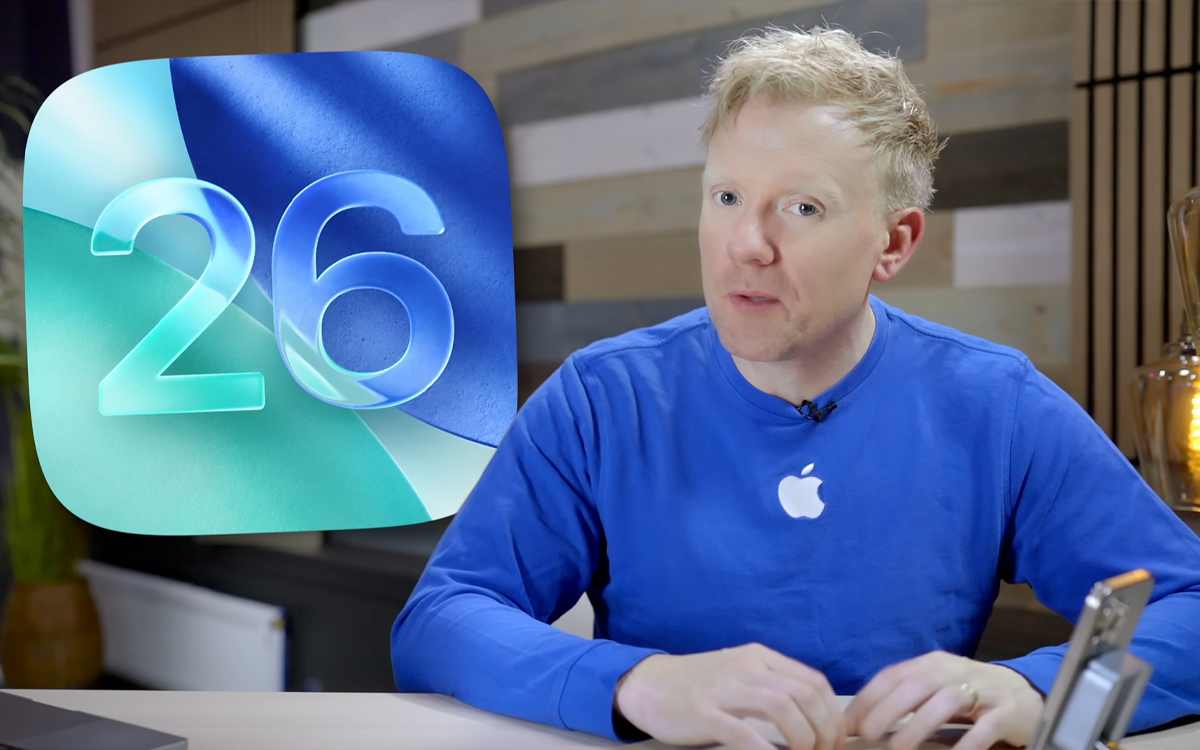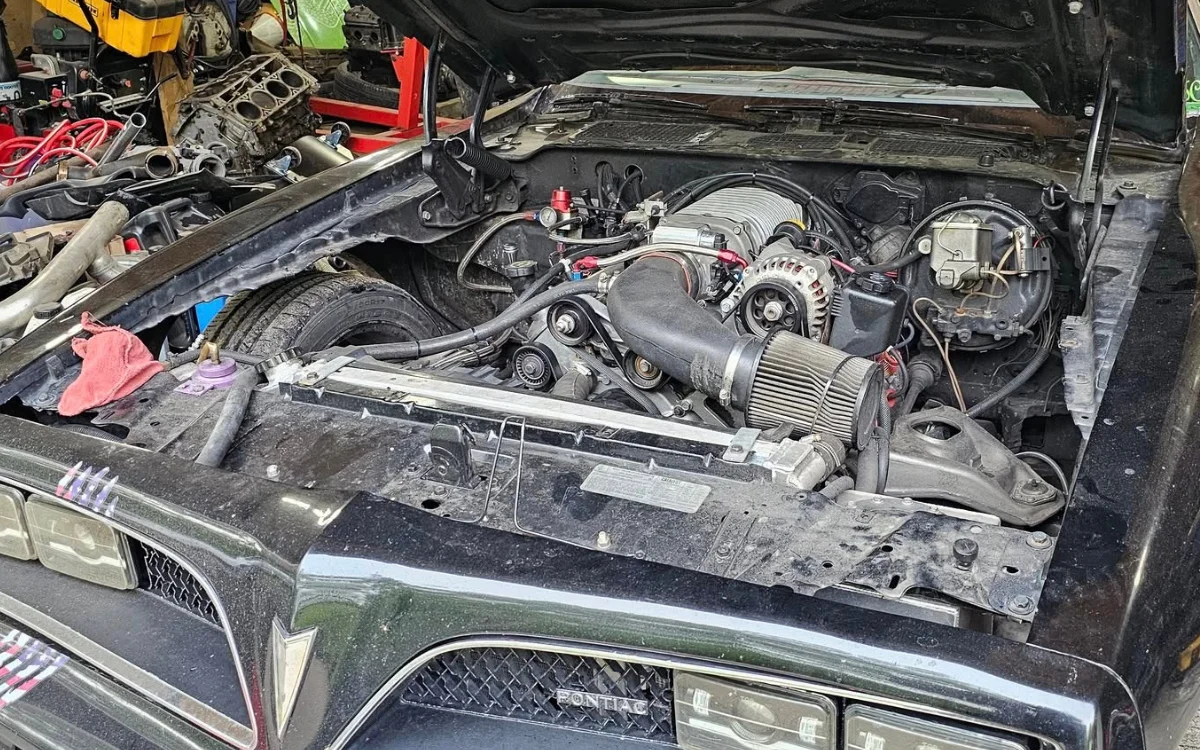‘Rogue Politicians’ Using Crypto to Hide Proceeds of Corruption: Nigeria EFCC Chair
The post ‘Rogue Politicians’ Using Crypto to Hide Proceeds of Corruption: Nigeria EFCC Chair appeared on BitcoinEthereumNews.com. In brief Nigeria’s EFCC chair has accused “rogue politicians” of using cryptocurrency to hide corruptly acquired wealth. Experts in the anti-corruption sector told Decrypt that the EFCC’s warnings are “not without merit.” Nigeria has seen rapid adoption of cryptocurrency, alongside a parallel increase in fraud, with regulators identifying more than 30 Ponzi schemes involving crypto. Corrupt politicians in Nigeria are using cryptocurrencies to hide and obscure illegitimate wealth, according to Ola Olukoyede, the Executive Chairman of the Economic and Financial Crimes Commission. Speaking at an event marking this year’s African Union Anti-Corruption Day, Olukoyede warned about the risks posed by the growing use of crypto, with a particular focus on investment fraud. Yet he also turned his attention to “rogue politicians,” who according to the EFCC are “linked” to the rise of cryptocurrency fraud in Nigeria. “Our findings showed that fraudulent politicians are already perfecting schemes and hiding their loot in cryptocurrencies to beat the investigative dragnets of anti-corruption agencies,” he said. “Stolen funds and unexplained wealth are being warehoused in wallets and payments for services are being done through this window.” The EFCC didn’t provide further detail in its press release, and also hasn’t replied to Decrypt’s request for comment. However, experts working within the anti-corruption sector in Africa agreed that crypto has become an element in political corruption, even if there’s no consensus on the scale of the problem. “At present, there is no verifiable public data that quantifies the exact amount of unexplained wealth held by Nigeria’s political elite in the form of cryptocurrency,” said David Ugolor, the Executive Director of the Africa Network for Environment and Economic Justice (ANEEJ). Speaking to Decrypt, Ugolor affirmed that the EFCC’s warnings are “not without merit,” although it would be “speculative to cite exact figures.” He added that in recent years,…

The post ‘Rogue Politicians’ Using Crypto to Hide Proceeds of Corruption: Nigeria EFCC Chair appeared on BitcoinEthereumNews.com.
In brief Nigeria’s EFCC chair has accused “rogue politicians” of using cryptocurrency to hide corruptly acquired wealth. Experts in the anti-corruption sector told Decrypt that the EFCC’s warnings are “not without merit.” Nigeria has seen rapid adoption of cryptocurrency, alongside a parallel increase in fraud, with regulators identifying more than 30 Ponzi schemes involving crypto. Corrupt politicians in Nigeria are using cryptocurrencies to hide and obscure illegitimate wealth, according to Ola Olukoyede, the Executive Chairman of the Economic and Financial Crimes Commission. Speaking at an event marking this year’s African Union Anti-Corruption Day, Olukoyede warned about the risks posed by the growing use of crypto, with a particular focus on investment fraud. Yet he also turned his attention to “rogue politicians,” who according to the EFCC are “linked” to the rise of cryptocurrency fraud in Nigeria. “Our findings showed that fraudulent politicians are already perfecting schemes and hiding their loot in cryptocurrencies to beat the investigative dragnets of anti-corruption agencies,” he said. “Stolen funds and unexplained wealth are being warehoused in wallets and payments for services are being done through this window.” The EFCC didn’t provide further detail in its press release, and also hasn’t replied to Decrypt’s request for comment. However, experts working within the anti-corruption sector in Africa agreed that crypto has become an element in political corruption, even if there’s no consensus on the scale of the problem. “At present, there is no verifiable public data that quantifies the exact amount of unexplained wealth held by Nigeria’s political elite in the form of cryptocurrency,” said David Ugolor, the Executive Director of the Africa Network for Environment and Economic Justice (ANEEJ). Speaking to Decrypt, Ugolor affirmed that the EFCC’s warnings are “not without merit,” although it would be “speculative to cite exact figures.” He added that in recent years,…
What's Your Reaction?







































